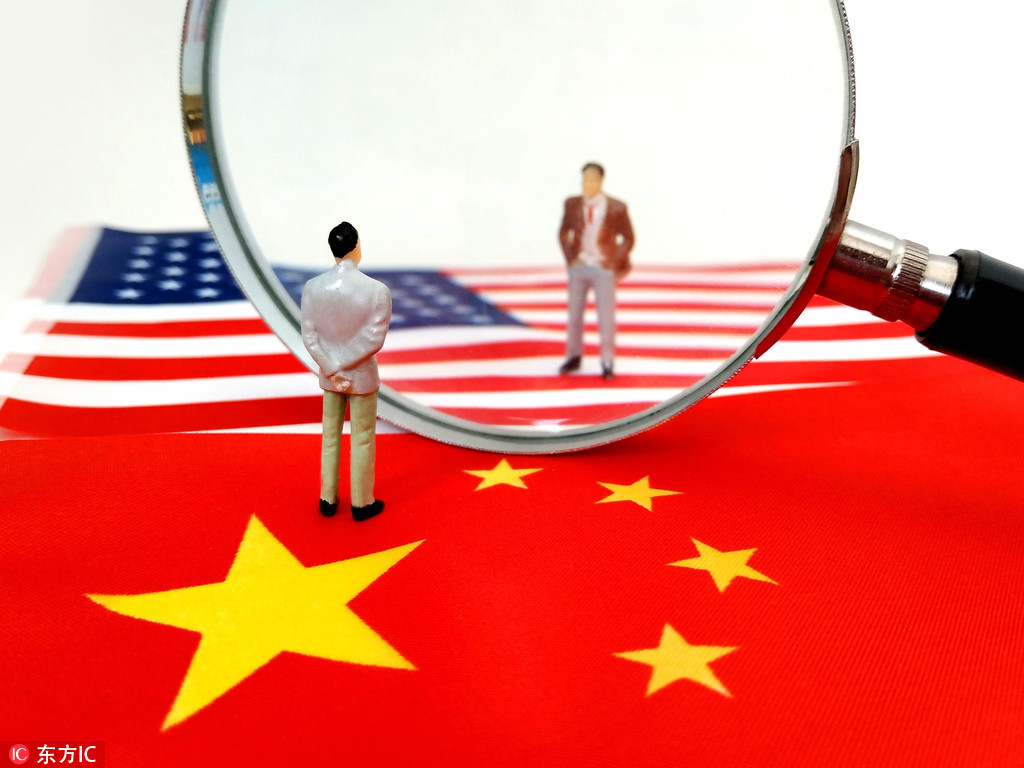Wilbur Ross sees reason for optimism on trade
By Zhao Huanxin in Washington | China Daily | Updated: 2018-06-23 04:22

US Commerce Secretary Wilbur Ross said he was “optimistic” that the United States and China could reach agreement on a series of trade issues “in the not too distant future”, prompting speculation that the US may weigh resuming talks with China.
Ross, speaking on Thursday on the sidelines of the SelectUSA Investment Summit in Maryland, said the US and China have “a couple of sets of issues”. First of all is the personal relationship between President Xi Jinping and US President Donald Trump, he said.
That relationship, which continues to be “very strong”, is “really the foundation of our relationship” in trade discussions as well as discussions with Pyongyang on the Korean Peninsula issue and on many geopolitical issues, Ross said at a news conference.
“But there are some issues that divide us,” said Ross.
“Those are the issues we would like to see resolved between China and the United States,” Ross said. “We’re optimistic that at some point in the not too distant future, we can hopefully reach an agreement on that whole series of issues.”
On Thursday, the Ministry of Commerce said that accusing China of stealing intellectual property and forcing technological transfers is a “severe distortion of history and reality”.
Ministry spokesman Gao Feng said that in China’s reform and opening-up, many foreign companies carried out sound technological cooperation for their own interests. “This is typical of market-based contractual acts, and foreign companies have gained bountiful rewards, as is known to all,” he said.
He also said the US was “capricious”, as the two sides had achieved a positive outcome in the agriculture and energy sectors during talks in Washington in May and in Beijing in early June, but the US has been “acting unpredictably” with its policymaking and holding “big sticks” for negotiations.
Asked by China Daily to comment on the ministry’s statement, Ross said, “When I was over there a couple weeks ago, we did have very extensive discussions about manufacturing products, about agricultural products and about energy products.
“We did not really have much discussion about the structural issues,” he said. “So those would occur at some time in the future.”
























